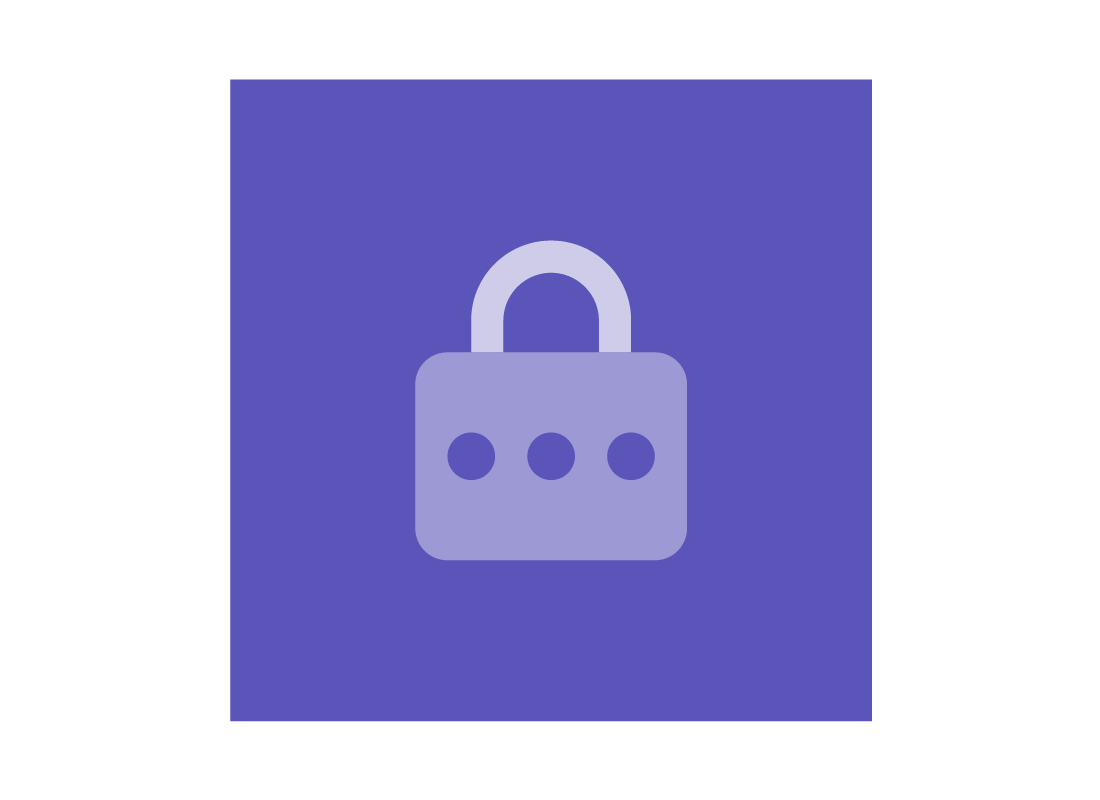Finding important information
Finding important information
What's coming up?
In this activity you’ll learn about other places on the internet where you can find out important information about your intended destination or tour.
This activity focuses more on information that can help you travel safely and securely.
Start activityBe prepared!
It’s easy to get overwhelmed by everything you need to remember when travelling. But don’t worry! The internet and your mobile device or computer keep important details close to hand, so all you need to remember is where to find the information, to check that you are travelling safely and securely.
Australian government travel information
The Australian government has a special website called Smart Traveller, that includes all the important information you need to travel safely in all countries and regions of the world.
You can visit the site by typing https://smartraveller.gov.au into your browser’s search bar.
The Smart Traveller site has lots of information about all aspects of travelling.

eSafety tip
An important feature on the smartraveller.gov.au website is the URGENT HELP button. You can find it at the top of the screen.
If you ever need urgent help overseas, use your mobile device to visit smartraveller.gov.au and tap the URGENT HELP button. You can then see lots of options for help, such as if you are the victim of a crime, or you need urgent consular assistance.
Finding information on health and medical services
The smartraveller.gov.au website has extensive information on how to take care of your health when preparing to travel and while overseas.
On the main menu of the Smart Traveller web page, click on Before you go. A larger menu will open with a number of topics.
Click on Health to see lots of information on how to travel with a disability, infectious diseases you need to be aware of, getting medical assistance overseas, and much more.
Information about travelling with medication
When you travel overseas, you might need to take prescription medicines that may be restricted for use in other countries. You can find information about this on the Smartraveller website.
There are some links on this page that will take you to the Therapeutic Goods Administration (TGA) website, which outlines the things you need to do to carry prescription medications out of Australia.
Finding information travelling and accessing your finances
Handling money while overseas used to be complicated, involving traveller’s cheques and bureaux de change.
Today, you can use a credit card almost everywhere and, depending on your bank, you can use your normal bank card to withdraw money from ATMs.
However, fees and exchange rates still apply. So, it’s important to visit your bank’s home page to find information about travelling overseas, including fees and charges for using ATMs or your credit card overseas.
You can also call your bank or credit card provider to ask about security options while travelling.
Be aware of bank fees
When you use a credit card or a normal ATM card overseas, fees and exchange rates still apply. So, it’s important to visit your bank’s home page to find information about travelling overseas, including fees and charges for using ATMs or your credit card overseas.
You can also call your bank or credit card provider to ask about security options while travelling.

eSafety tip
It’s a good idea to let your bank and credit card provider know when and where you will be travelling overseas. Most banks treat sudden charges in a foreign currency or location as potential fraud, and may automatically block your credit card or even your ATM card!
Call your bank and let them know which countries you’ll be visiting and they can give you advice on how to use their services safely while overseas.
Some banks allow you to specify the countries you’ll be visiting on their internet banking site.
Using a prepaid travel money card
A prepaid travel money card works like a normal ATM card overseas, but with lower exchange and transaction fees. You load the card with the currencies you need then withdraw cash and make purchases using the currency of the country you’re in, like you were a local.
You can get travel money cards from some Australian banks, Australia Post, Qantas, Wise and Revolut. Providers charge different fees, so make sure you compare cards online and are aware of costs that may apply.
Well done!
This is the end of the Finding important information activity. You’ve learned how to get information from the smartraveller.gov.au site, including information about health, medication, and also how to use your bank services safely.
To finish up this course, find out how to organise your research and information in the Keeping a virtual scrapbook activity.